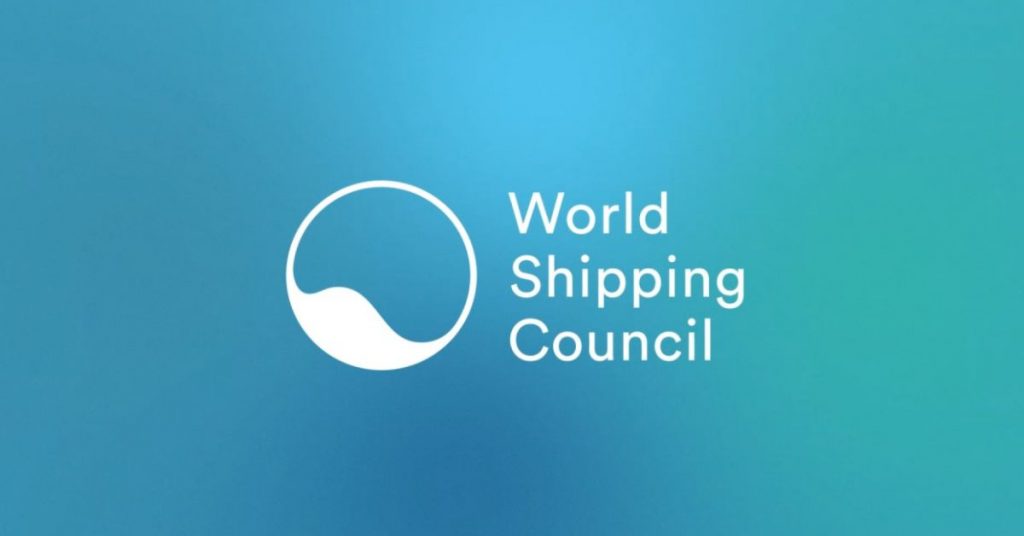The World Shipping Council (WSC) has reaffirmed its commitment to ocean stewardship and climate action on World Ocean Day, emphasizing the critical role of shipping in both global trade and environmental protection.
Recognizing the ocean as an indispensable source of life, biodiversity, and a natural defense against climate change, WSC highlighted its responsibility as a representative of the maritime industry — an industry that relies on healthy oceans not only for business but for the sustainability of the planet.
“The ocean sustains our economies, generates half the world’s oxygen, and absorbs a quarter of global CO₂ emissions,” noted WSC President and CEO Joe Kramek. “It is our workplace, our partner, and our shared responsibility.”
Accelerating the Shift to Clean Shipping
The WSC revealed that liner shipping companies have already deployed 200 vessels capable of operating on zero or near-zero greenhouse gas (GHG) emission fuels. By 2030, this number is projected to reach at least 1,000 container ships and vehicle carriers, forming part of a wider industry investment exceeding USD 150 billion.
Currently, nearly 80% of all new orders for container ships and vehicle carriers are for vessels designed to run on low-emission fuels — a significant shift that the WSC says is vital for reducing the sector’s contribution to global emissions, which currently stands at approximately 3%.
Importance of Global Regulation and Policy Support
WSC credited recent regulatory developments by the International Maritime Organization (IMO) as crucial for enabling this industry transformation. The global GHG reduction framework adopted by IMO has provided what WSC described as “clarity and direction” for continued innovation and investment.
However, challenges remain. The cost of zero and near-zero emission fuels is still three to six times higher than traditional marine fuels, and global infrastructure for production and distribution remains limited. WSC called for stronger international policy frameworks and closer public-private collaboration to scale adoption and reduce costs.
“This is not just about upgrading ships. It’s a transformation of the entire maritime ecosystem – from fuels and ports to supply chains and workforce development,” Kramek stated.
Broader Commitments to Ocean Health
Beyond decarbonisation, the Council also emphasized its dedication to protecting marine biodiversity. Current efforts include minimizing ship strikes, reducing underwater noise pollution, and supporting regulatory and voluntary initiatives that safeguard ocean ecosystems.
Marking World Ocean Day, Kramek reiterated the Council’s long-term goals: achieving net-zero emissions across the shipping industry by 2050 and contributing to global efforts to preserve the ocean’s natural wealth.
“The ocean gives us so much. Our duty is not only to protect it but to ensure that our industry is part of the global solution,” Kramek concluded.
Tags: Clean Energy, Green Shipping, Maritime Decarbonisation, Maritime Innovation, sustainable Shipping, WSC, Zero Emission



Recent Posts
Polish Delegation and JKSH Group Explore Green Energy Project in Andhra Pradesh
bigbasket Expands EV Delivery Fleet to 50 Cities with Support from Kazam
Axpo Completes Spain’s First Ship-to-Ship Bio-LNG Bunkering for Container Vessel at Algeciras
BLG LOGISTICS and Liebherr Strengthen Sustainable Port Operations with Shore Power-Ready Crane in Bremerhaven
Beijing Maersk Enters Service as Latest Methanol-Powered Containership
Yinson GreenTech and C-Torq Deliver Marine Battery System for Hybrid Vessel in the Middle East
Singapore Tugboat Receives Biofuel-Ready Notation Following Retrofit
NYK Names Sixth Dual-Fuel LPG Carrier “Luna Pathfinder”